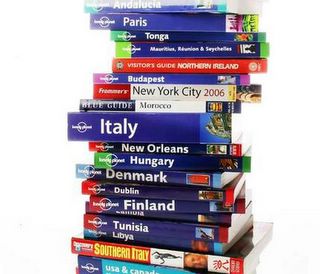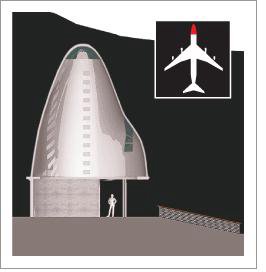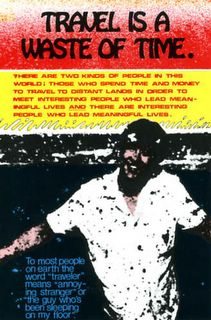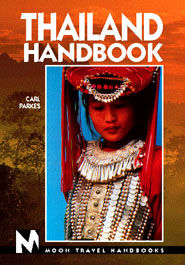Senior Editor - Travel (menlo park)-----------------------------------
Reply to: jobs@sunset.com
Date: 2005-11-18, 5:06PM PSTRESPONSIBILITIES • Collaborate with senior editorial staff to establish and shape Sunset’s travel coverage
• Generate story ideas that provide readers with fresh and useful articles, select ideas for further development, and plan schedule for future publication
• Conduct story meetings with writer, designer and photo editor so as to achieve consensus on story approach
• Work with art director on story layouts and packaging
• Review and edit manuscripts, analyzing articles for thoroughness, creativity, accuracy, organization and consistency with the magazine's existing style
• Supervise travel department, including other editors and writers
• Manage freelance assignment process: contracts, budgeting and review of invoices
• Foster and maintain Western travel industry contacts to keep abreast of developments in the field
REQUIRED SKILLS and EXPERIENCE • Magazine journalism background, including travel editing and production
• Proficiency working with writers and editors to develop and shape new story ideas
• Experience working with photo editors and designers on visual appeal of story packaging
• Excellent interpersonal skills, ability to facilitate productive story meetings and arbitrate differences in story approach
• Effective management experience: ability to provide vision to team, supervise staff and manage editorial projects
• Professional presence required to represent the Company at industry and media events
• Some travel required
E-mail resume and cover letter to: jobs@sunset.com or FAX: 650-324-5727























